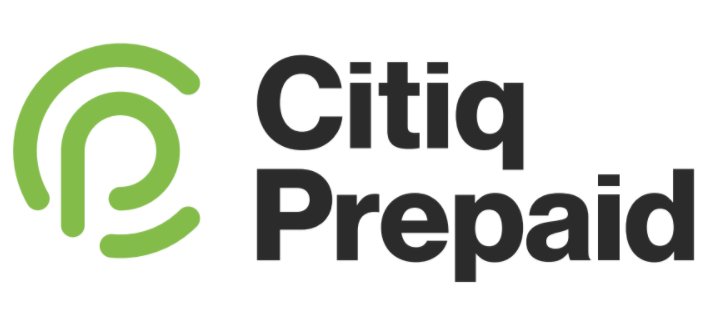Coworking spaces offer a more social and diverse community, often offer more amenities, encourage more flexibility due to normally being more accessible (some 24/7), and they can be a more affordable option for people looking for an office environment. The network economy is on the rise and showing no end to growth, with the Global Coworking Growth Study of 2019 showing that these coworking spaces will reach almost 26 000 by 2022, which predicts an increase of 42% on 2019.
Property owners and managing agents will need to make provision for this trend by ensuring that they offer good rates and an attractive array of amenities, as well as making sure they are operationally efficient. As the market starts to turn away from traditional office style setups and environments, they will need to remain relevant and tweak their offering to remain competitive.
Effective utilities management keeps property owners competitive
One of the ways they can do this is to offer more effective utilities management, such as the management and collection of electricity revenues. Managing payment collection for electricity revenues is a complicated process that causes a lot of headaches for landlords and managing agents, especially in business parks.
Municipal bills are based on estimates in some months (rather than actual readings), and in other cases the manual kwH meter readings happen out of step with the billing cycle, which both make it more difficult to accurately charge the tenants.
This causes a negative knock-on effect that affects the service delivery, the billing issue, and the relationship between landlord or manager and their tenants. The property owner will always need to settle their municipal bills to ‘keep the lights on’ but if their tenant misses a payment or disputes the cost, they will be paying out of pocket for who knows how long.
On the tenants’ side, if there is a great variance in their utilities bills month to month it can be very difficult to budget, which is especially vital for smaller businesses and startups. This is often why tenants may submit disputes for such costs, which can take a while before it becomes resolved.
How to reduce costs, disputes and payment hassles
If landlords and managing agents are able to provide tenants with a more transparent and reliable system to manage their utility bills, they will help to reduce the amount of disputes, reduce water and electricity consumption, and payment hassles.
With Citiq Prepaid they can provide their tenants with a prepaid sub-meter to manage monthly utility bills and payments; it tracks per unit usage patterns, which raises red flags if they arise so that tenants and management can fix any issues before disputes need to be made.
Both management and tenants have access to a secure online portal that tracks electricity purchases and usage. Management can pull reports from it to accurately adjust lease agreements over time and tenants can use this data to resolve any usage or billing queries.
As a result there are less disputes, which are costly and waste managements’ time and focus, helping to build trust between landlord and tenant as well as remain competitive in the market and secure long-term occupancy.

